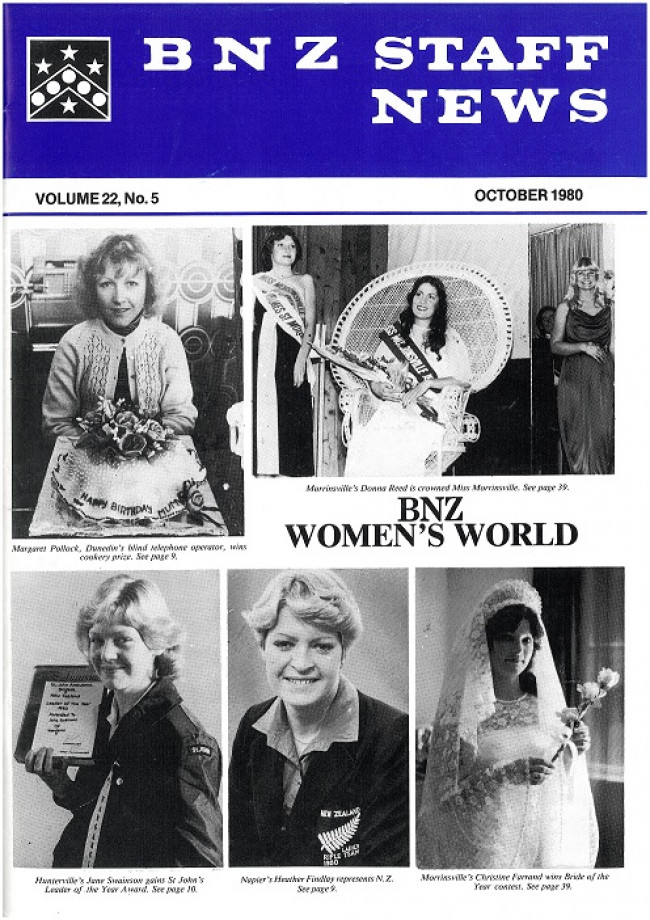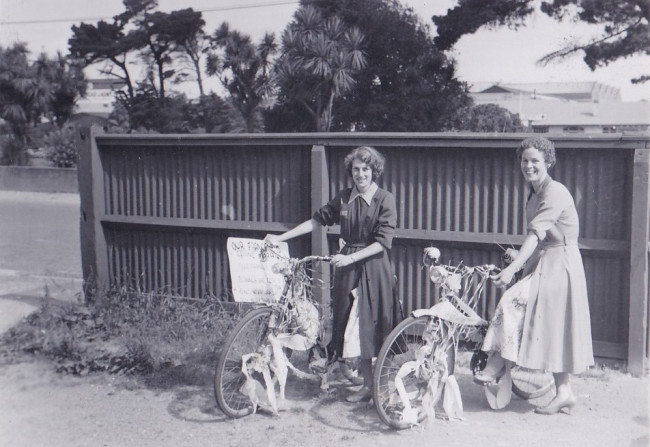Permission to marry
In 1896 'Rules and Regulations to be Observed by Officers' was issued. This was a set of guidelines for staff regarding conduct. These included the protection of confidentiality and keeping good faith with customers. Instructions for how officers should behave outside of the Bank were also included: no officer was to live “beyond his means” or gamble.
In January 1901, an addition was made. This stated that no officer earning less than £200 a year was to marry without the Board’s approval. The Board sought to ensure Bank Officers were prepared for the “responsibilities of married life” and did not get themselves into debt. Trusting the “good sense of the men” to make such a decision themselves had failed on several occasions. To gain approval, an officer earning under £200 had to prove he had access to funds to supplement his income.
The addition can be read as a further measure to instruct officers on ‘respectable’ behaviour. It provided a mechanism through which the Bank could ensure the character of the proposed spouse. In one example, an officer in 1903 was deemed to have “an undue susceptibility of heart” for women. According to management, this led to his association with a waitress from Tasmania of ‘unknown’ character. To make matters worse, he had married her in secret and she had visited him at his room in the Bank. His manager's recommendation to Head Office was to dismiss him if the character of his wife could not be verified.
This additional rule also highlights the growing notion of a ‘family wage’. This was based on the usual division of labour at the time: women worked at home and men earned a sufficient income to support a wife and children. Although not officially recognised in New Zealand until the 1930s, the idea gained traction during the early decades of the 20th century. Supporting this, throughout WW1 'war bonuses' were paid in line with the marital status to help with the higher costs of living. These could be granted to unmarried officers with dependents at the discretion of the General Manager. Applications for the bonus from single men were usually for the support of a dependent, perhaps widowed, mother.
By the mid 1920s applications for ‘permission to marry’ disappear from BNZ records. The Bank continued to make note of the ‘responsibilities’ of its male employees. This included living arrangement and any dependents.
Weddings between staff - 1959

Something old, something new - 1980

Staff pranks before the big day - 1959




